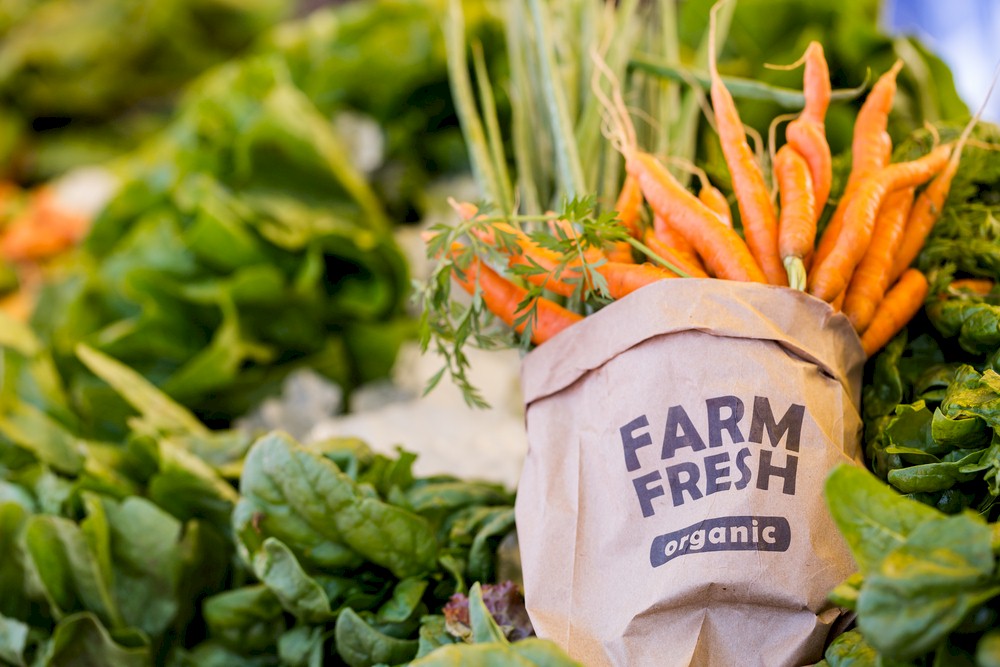
"Going local" is no longer a trend; it's a colossal phenomenon that shows no sign of dissipating. There is a near obsession with slow, real, farm-to-table food that is organic, nutritious and locally sourced. In response, hotel chefs are creating menus that are customized to accommodate all the vegans, vegetarians, gluten-free, paleo, diabetics and other diet-conscious guests who are demanding healthy alternatives to traditional restaurant fare. In addition, there is a social component to this movement. In some cases, chefs are escorting guests to local markets to select fresh ingredients and then visit a local cooking school to prepare their purchases. Other hotels are getting guests involved in gardening activities, or exploring local farms, bakeries and the shops of other culinary artisans. Part of the appeal is in knowing the story behind the food - being personally aware of the source and integrity of the product, and how it was handled. In addition to this "locavore" movement, there are other food-related developments which are becoming popular with hotel guests. Small plate and tasting-only menus are proliferating around the country. Tasting-only special event menus offer numerous benefits including guaranteed revenue per customer, reservations usually made weeks in advance, and an exciting dining option for guests to experience. Bread and butter are also getting a makeover as chefs are replacing bread baskets with boards, and replacing butter with custom-flavored spreads. One dining establishment offers a veritable smorgasbord of exotic spreads including garlic mostarda, vanilla tapenade, rosemary hummus, salsa butter, porcini oil and tomato jam, to name just a few. The August issue of the Hotel Business Review will document some current trends and challenges in the food and beverage sector, and report on what various leading hotels are doing to enhance and expand this area of their business.



 "Going local" is no longer a trend; it's a colossal phenomenon that shows no sign of dissipating. There is a near obsession with slow, real, farm-to-table food that is organic, nutritious and locally sourced. In response, hotel chefs are creating menus that are customized to accommodate all the vegans, vegetarians, gluten-free, paleo, diabetics and other diet-conscious guests who are demanding healthy alternatives to traditional restaurant fare. In addition, there is a social component to this movement. In some cases, chefs are escorting guests to local markets to select fresh ingredients and then visit a local cooking school to prepare their purchases. Other hotels are getting guests involved in gardening activities, or exploring local farms, bakeries and the shops of other culinary artisans. Part of the appeal is in knowing the story behind the food - being personally aware of the source and integrity of the product, and how it was handled. In addition to this "locavore" movement, there are other food-related developments which are becoming popular with hotel guests. Small plate and tasting-only menus are proliferating around the country. Tasting-only special event menus offer numerous benefits including guaranteed revenue per customer, reservations usually made weeks in advance, and an exciting dining option for guests to experience. Bread and butter are also getting a makeover as chefs are replacing bread baskets with boards, and replacing butter with custom-flavored spreads. One dining establishment offers a veritable smorgasbord of exotic spreads including garlic mostarda, vanilla tapenade, rosemary hummus, salsa butter, porcini oil and tomato jam, to name just a few. The August issue of the Hotel Business Review will document some current trends and challenges in the food and beverage sector, and report on what various leading hotels are doing to enhance and expand this area of their business.
"Going local" is no longer a trend; it's a colossal phenomenon that shows no sign of dissipating. There is a near obsession with slow, real, farm-to-table food that is organic, nutritious and locally sourced. In response, hotel chefs are creating menus that are customized to accommodate all the vegans, vegetarians, gluten-free, paleo, diabetics and other diet-conscious guests who are demanding healthy alternatives to traditional restaurant fare. In addition, there is a social component to this movement. In some cases, chefs are escorting guests to local markets to select fresh ingredients and then visit a local cooking school to prepare their purchases. Other hotels are getting guests involved in gardening activities, or exploring local farms, bakeries and the shops of other culinary artisans. Part of the appeal is in knowing the story behind the food - being personally aware of the source and integrity of the product, and how it was handled. In addition to this "locavore" movement, there are other food-related developments which are becoming popular with hotel guests. Small plate and tasting-only menus are proliferating around the country. Tasting-only special event menus offer numerous benefits including guaranteed revenue per customer, reservations usually made weeks in advance, and an exciting dining option for guests to experience. Bread and butter are also getting a makeover as chefs are replacing bread baskets with boards, and replacing butter with custom-flavored spreads. One dining establishment offers a veritable smorgasbord of exotic spreads including garlic mostarda, vanilla tapenade, rosemary hummus, salsa butter, porcini oil and tomato jam, to name just a few. The August issue of the Hotel Business Review will document some current trends and challenges in the food and beverage sector, and report on what various leading hotels are doing to enhance and expand this area of their business.





















